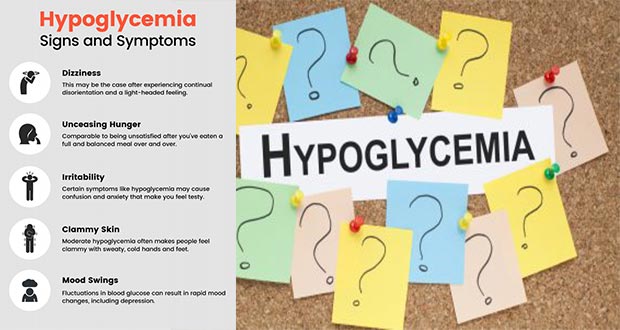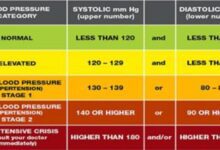Hypoglycemia: The Causes and Symptoms

Hypoglycemia is when your blood sugar (glucose) level is lower than normal. Your body’s main source of energy is from glucose.
When spoken off, it’s often related to diabetes treatment. But other drugs and a variety of conditions — many rare — can cause low blood sugar in people who don’t have diabetes
Hypoglycemia needs immediate treatment when blood sugar levels are low. For many people, a fasting blood sugar of 70 milligrams per deciliter (mg/dL), or 3.9 millimoles per liter (mmol/L), or below should serve as an alert for hypoglycemia.
But your numbers might be varying so it is best to consult your doctor.
To treat hypoglycemia, the treatment involves quickly getting your blood sugar back to normal either with high-sugar foods or drinks or with medications.
Long-term treatment requires identifying and treating the causes.
Symptoms
Below are some signs and symptoms to look out for in hypoglycemia;
- Irregular / Fast Heartbeat
- Sweating
- Anxiety
- Hunger
- Fatigue
- Numbness on the lips
- Pale Skin
- Shaking
In severe cases, some people show these;
- Seizures
- Loss of Consciousness
- Confusion
- Abnormal behavior such as the inability to complete routine tasks
- Blurred vision
Eating full course meals is a step in the right direction to help prevent the onset.







Very educative article here. I recommend this to nursing students especially and the general public at large.
Didnt about this disease.this article has broadened my knowledge about this disease.i must say its a great n educative article